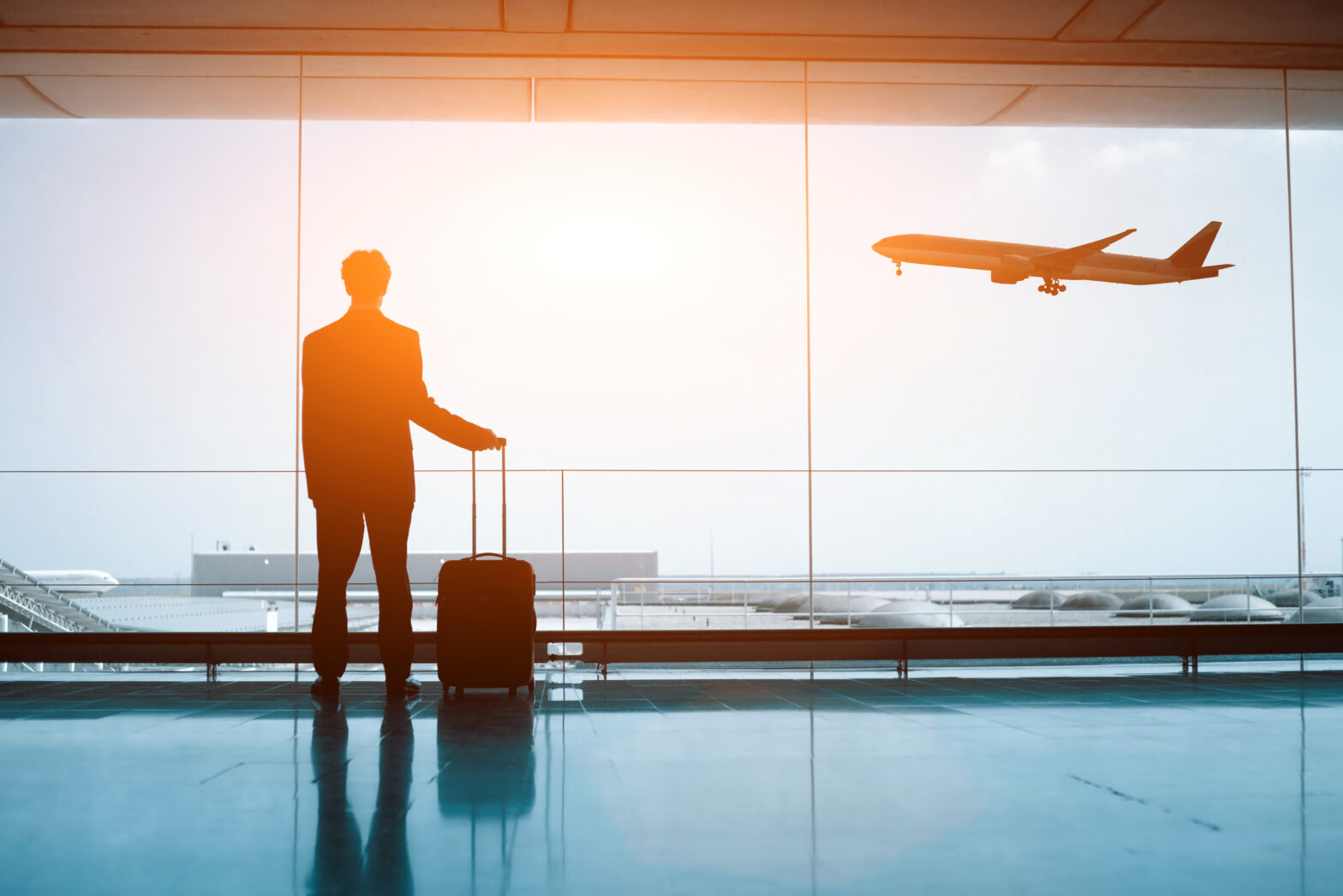Business travel is ultimately a personal experience, even if done for work. Studies show that travellers enjoy connecting with colleagues, trying new foods, and discovering new cities – in addition to getting the job done.
But, as with anything today, technology is permeating business travel, and there is an app for everything. Does that mean human interaction will soon be erased by automation, even for the travel experience? Or that business travel will lose its personal, human appeal?
>See also: How technology will change your travel experience
Quite the contrary. While technology is transforming business travel, it’s making it more personal. The world is changing at a breath-taking pace – chatbots, artificial intelligence, and things that once seemed to belong to science-fiction movies will soon be invading the corporate travel landscape. We believe these new digital helpers will enable a tailored, personal experience as they adapt to individual needs and preferences.
AI is leading the way
Artificial intelligence (AI) is both a hot and controversial topic. Many worry about its impact on future generations, society and workforces. Some believe it’s just hype and some believe it’s the next technological disruptor. For the business travel industry, AI is the emerging technology we should be paying attention to.
Business travellers already use AI when they use Siri on their iPhone, or get reminded of their flight times through Google. Let us look in more detail at the different subsets of AI, namely machine learning, natural language processing (NLP) and chatbots, and see how they can help make business travel a bespoke experience.
Machine learning (ML) is the part of the AI that allows computers to learn by themselves without explicit programming (i.e. “if X does Y, else do Z”). The more this AI is used, the more accurate its answers will become. With the repetition of tasks you find in corporate travel, machine learning embedded in online services could enable anticipating preferences, automatically booking recurring trips, or categorising your travel expenses.
>See also: Travelling smart: the future of transportation
By identifying patterns, machine learning enabled applications can anticipate needs. If you go to your factory in Morocco every month, do you really have to tell your travel app what you want? A personal assistant would know that after a few trips – so why shouldn’t that be the case with your booking app? AI can bring scale to this experience to give everyone the luxury of an executive assistant.
A deeper subset of ML is deep learning, which can be beneficial in more complex situations. This could come in handy for accommodating travellers during travel disruptions, helping to define where to go and what to do. Again, it’s a question of scale. In case of major disruptions, customer services desks are often swamped.
Natural language processing (NLP) is another key aspect of AI. NLP is the capability of machines to understand human speech or text. Platforms like Amazon’s Alexa, or Apple’s Siri are becoming extremely popular using instantaneous voice interactions. Natural language processing (NLP) is also key in the evolution of chatbots.
A chatbot interacts with you through instant messaging while artificially replicating the soft patterns of human-to-human interactions. Customer service based chatbots used for travel bookings are already beginning to enter the market.
>See also: A new kind of transport using electromagnetic technology
Using a chatbot, you can quickly start a conversation to resolve issues. The chatbot will field frequently asked questions where a solution can be presented quickly, or pass on to a human for harder problems to solve. In these instances, technology will act to make human connections easier. Egencia parent company Expedia is already experimenting on how to do this well by launching the first travel chatbot for Skype.
Other technologies will follow suit
While AI is the buzzword of 2017, the technological opportunities for business travel extend further beyond. Other elements like virtual reality (VR) will soon find real-life applications to help solve travel related problems.
>See also: How travel operators achieve digital transformation
The best will be those that help make your work trips more personal, human experiences. Maybe your FaceTime evening chats with spouse and kids whilst abroad will be in VR, mitigating the loneliness of the business traveller. Who knows what the future holds?
One thing is certain, technology is changing society, and business travel with it, and Egencia will be at the forefront of that technological revolution.
Sourced by Jean Noel Lau Keng Lun, senior director of global product marketing at Egencia
The UK’s largest conference for tech leadership, TechLeaders Summit, returns on 14 September with 40+ top execs signed up to speak about the challenges and opportunities surrounding the most disruptive innovations facing the enterprise today. Secure your place at this prestigious summit by registering here










